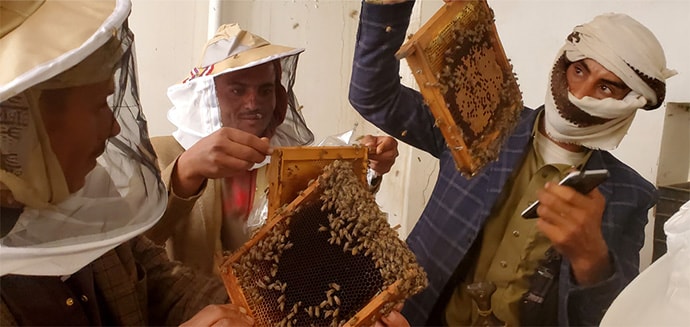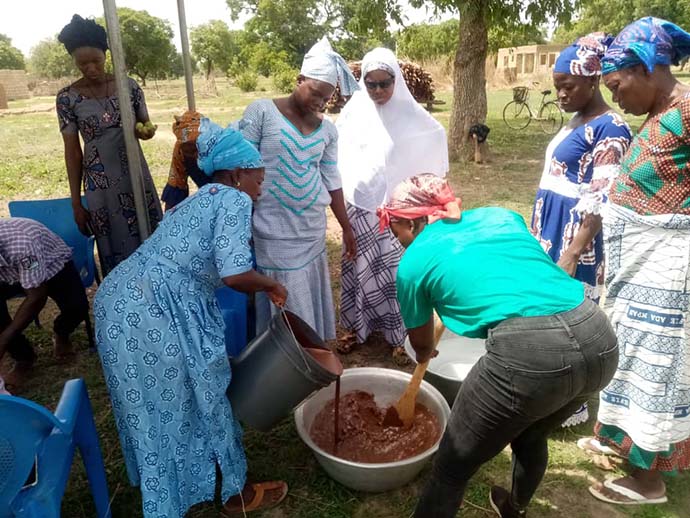Posted on October 12, 2023
By Aisha Jumaan, President, YRRF

Beehive training and distribution. Photo: YRRF
Now in its ninth year of conflict, Yemen remains the largest humanitarian crisis globally, with 24 million people out of the population of 30.5 million in need of humanitarian assistance. The conflict has left 4 million people, including 2 million children, internally displaced, and at least 500,000 public sector workers have been without salaries for over six years.
Continue Reading
Posted on September 19, 2023
As a component of the Quality Jobs Index, 60 Decibels is partnering with Upaya Social Ventures in the Dignified Jobs Collaborative.
By Shruti Goel from Upaya and Tripti Singh at 60 Decibels
The 60dB Quality Jobs Index aims to enable organizations and investors at the forefront of sustainability and social impact to understand the quality and impact of jobs they are providing.
For employees worldwide, their jobs continue to be an unrewarding experience that scarcely provides enough to get by. 80% do not feel engaged at work and the cost of disengaged employees is over $7.8 trillion to companies.
Continue Reading
Posted on September 18, 2023

A Q&A with Project Officer Gilbert Nkpeniyeng
In April, Amplio Ghana launched a new project with STAR-Ghana Foundation to train and economically empower women working in the shea butter processing sector in Lambussie District in the Upper West Region of Ghana. The AVID project began in April 2023 and will run through June 2024.
Continue Reading

